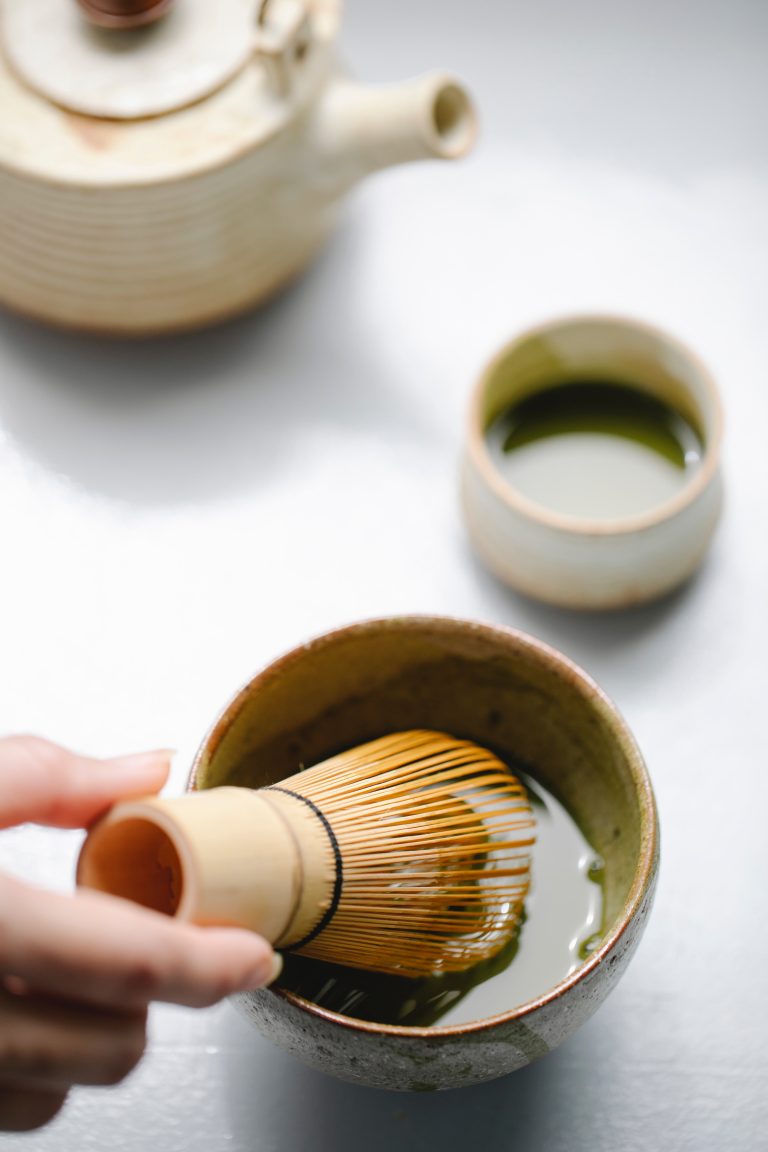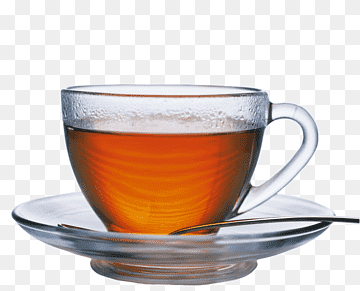Ashwagandha Tea Caffeine
Ashwagandha Tea: A Caffeine-Free Alternative for Relaxation and Well-being
In today’s fast-paced world, many people rely on caffeine to kick-start their day or keep them going when energy levels dip. However, for those seeking a more natural and gentle way to promote relaxation and overall well-being, Ashwagandha tea presents a caffeine-free alternative worth considering.
Ashwagandha, scientifically known as Withania somnifera, is an adaptogenic herb that has been used for centuries in traditional Ayurvedic medicine. Known for its ability to help the body cope with stress and promote balance, Ashwagandha is increasingly gaining recognition in the Western world for its numerous health benefits.
One of the most popular ways to consume Ashwagandha is in the form of tea. Ashwagandha tea is typically brewed using dried Ashwagandha root or powder, which is steeped in hot water. The resulting beverage has a slightly bitter and earthy flavor, similar to green tea.
One of the key advantages of Ashwagandha tea is that it is naturally caffeine-free. Unlike traditional teas, such as black or green tea, which contain varying amounts of caffeine, Ashwagandha tea allows individuals to enjoy a soothing beverage without the stimulating effects of caffeine. This makes it an excellent choice for those who are sensitive to caffeine or prefer to avoid it altogether.
By eliminating caffeine, Ashwagandha tea offers a different approach to relaxation. Instead of relying on a temporary energy boost, it works by supporting the body’s ability to adapt and handle stress more effectively. Ashwagandha is known to promote a calm and balanced state of mind, helping to reduce anxiety and improve mood.
Moreover, Ashwagandha tea is believed to possess a range of other potential health benefits. It has been associated with supporting the immune system, enhancing brain function, and even promoting better sleep. However, it’s important to note that scientific research is ongoing, and more studies are needed to fully understand the extent of these benefits.
When incorporating Ashwagandha tea into your routine, it’s advisable to start with a small amount and gradually increase the dosage, as individual responses may vary. Some people may experience mild side effects such as digestive upset or drowsiness, although these are typically rare and temporary.
Ashwagandha tea provides a caffeine-free alternative for those seeking relaxation and overall well-being. With its adaptogenic properties and potential health benefits, it offers a natural way to support the body’s stress response. If you’re looking to reduce your caffeine intake or explore herbal remedies, Ashwagandha tea is definitely worth considering. Remember to consult with a healthcare professional before making any significant changes to your diet or lifestyle, especially if you have any underlying health conditions or are taking medications.







